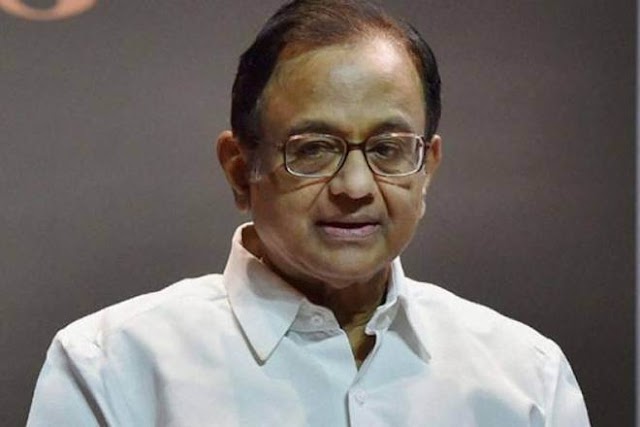The Citizenship Amendment Bill (CAB) proposed to amend the Citizenship
Act, 1955 to fast-track grant of Indian citizenship to six religious minorities
– Hindus, Sikhs, Buddhists, Jains, Parsis and Christians.
The Union
Cabinet has cleared the Citizenship (Amendment) Bill that seeks to grant
citizenship to non-Muslim refugees from Pakistan, Bangladesh and Afghanistan if
they faced religious persecution there.
Information and broadcasting minister
Prakash Javadekar made the announcement on Wednesday after the cabinet meeting
chaired by Prime Minister Narendra Modi. A bill to amend the the Citizenship
Act, 1955,will now be introduced in the Parliament in the current session.
The Citizenship Amendment Bill (CAB) seeks
to amend the Citizenship Act, 1955 and grant citizenship to non-Muslim migrants
from Pakistan, Afghanistan and Bangladesh. It is aimed at providing citizenship
to six communities— Hindus, Christians, Sikhs, Jains, Buddhists and Parsis.
The CAB was
among the electoral promises of the Bharatiya Janata Party (BJP) in the 2014
and 2019 Lok Sabha elections. The BJP-led National Democratic Alliance (NDA)
government at the Centre argues that CAB is necessary to help members of the
minority communities who may be facing religious persecution.
On Tuesday, defence minister Rajnath
Singh, in an address to BJP parliamentarians, had said the bill will be placed
before the House soon.
He said the CAB is an important move by
the government like the August 5 decision to nullify Article 370 of the
constitution that gave special status to Jammu and Kashmir. CAB 2019 proposes a
cut-off date of December 31, 2014.
The minister dismissed the Opposition’s
objections over the bill and said the BJP had always worked to unite the
country. “If religious minorities are being persecuted in those countries, it
is our duty to deliver justice to them. It is not linked to any religion,”
Singh said.
Congress, Trinamool Congress, Samajwadi
Party and the Left are among parties which have opposed the Bill. The CAB is
expected to be passed in the Lok Sabha but may find it tough in the Rajya Sabha
where the NDA is in a minority.
The opposition parties have argued that
the Constitution does not allow granting of citizenship on the basis of
religion.
There have been opposition to the CAB in
the northeastern states, which have seen widespread protests. The main
apprehension in the region is over the large number of Hindus who have migrated
to the northeast over the years.
In Assam, the CAB has raised concerns that
it would nullify the 1985 Assam Accord, which fixed March 24, 1971, as the
cut-off date for deportation of all illegal immigrants irrespective of
religion.
There have been protests in Manipur,
Arunachal Pradesh and Tripura over the controversial legislation.
Home minister Amit Shah had met some
stakeholders from the northeast after the protests and is slated to meet others
to allay their fears on the controversial citizenship legislation.
The CAB was passed by the Lok Sabha in the
previous term of the BJP-led government but it wasn’t introduced in the Rajya
Sabha.
The bill lapsed following the dissolution
of the last Lok Sabha. There could be changes to the cut-off date of December
31, 2014 in the fresh bill, officials have said.








0 Comments